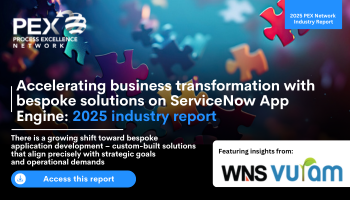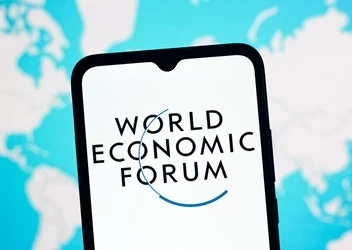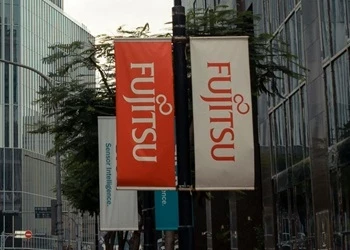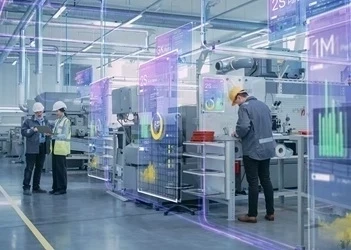Study introduces new process mining reporting framework
PROMIRE provides structured reporting criteria across all stages of process mining projects, from planning and data extraction to analysis and validation
Add bookmark
A study introduced a new process mining reporting excellence guideline dubbed PROMIRE. It is a comprehensive 18-item checklist that provides structured reporting criteria across all stages of process mining projects, from planning and data extraction to analysis and validation.
The guideline’s evidence-based structure, validated through both methodological synthesis and empirical evaluation, successfully captures essential reporting elements that are often overlooked in current practice, according to the study author.
By bridging domain-specific needs with existing reporting principles, PROMIRE aims to elevate the quality, credibility and practical impact of process mining research, fostering reproducibility and actionable insights for academia and industry alike.
The PEX Report 2025/26 indicates that 24 percent of organizations currently use process mining to support business transformation, with 17 percent planning to invest in process mining tools in the next 12 months.
Join the PEX Network community

Don't miss any news, updates or insider tips from PEX Network by getting them delivered to your inbox. Sign up to our newsletter and join our community of experts.
Learn MoreA step toward standardized process mining reporting
The study carried out a systematic assessment of adherence to PROMIRE in 28 peer-reviewed process mining case studies (2019-2025). Results revealed critical gaps, including underreporting of ethical considerations (4/28 studies) and reproducibility measures (1/28), despite strong adherence to foundational elements like objectives (100 percent).
These findings underscore a disciplinary blind spot that risks undermining the credibility and translational potential of process mining research, the author wrote.
“PROMIRE represents an important first step toward standardized process mining reporting, now made available to the research community as a living document to be used, tested and adapted as needed.”
Looking forward, the implementation of PROMIRE presents an opportunity to transform process mining into a discipline where methodological diversity and scientific transparency reinforce rather than contradict each other, the author added.
The guideline is not posited as a prescriptive standard, but as a practical tool for researchers seeking to improve their reporting practices, a starting point for community-led refinements and a foundation for future validation studies.
“The next critical steps involve engaging the broader research community through collaborations with organizations like the IEEE Task Force on Process Mining to refine scoring priorities, conducting longitudinal studies to measure the guideline’s impact on study reproducibility and establishing mechanisms for periodic updates to address emerging techniques and applications.”
By building on the foundation established in this work, the process mining community can develop reporting norms that not only meet current needs but also evolve with the field’s growth, ensuring that future research maintains both its practical relevance and scientific integrity.
Register for All Access: Revolution in Process Intelligence APAC 2025!
Six analytical approaches of process mining
Globally renowned process mining expert Wil van der Aalst categorizes process mining into six main analytical approaches, the paper states:
- Process discovery: Focuses on extracting process models (graphical representations of business processes) from event data.
- Conformance checking: Compares observed behavior with reference models to detect deviations.
- Performance analysis: Examines timing and resource utilization to evaluate process efficiency beyond just bottleneck identification.
- Predictive monitoring: Uses historical data to forecast future process behavior.
- Comparative process mining: Analyzes differences between process variants across groups of cases or time periods.
- Action-oriented process mining: Suggests interventions to improve processes.
Accelerating business transformation with bespoke solutions on ServiceNow App Engine

Today, off-the-shelf software solutions offer diverse features that enable vast opportunities to implement and maintain business transformation. However, in some circumstances, capabilities lack the flexibility and specificity required to address the unique challenges and workflows of individual organizations. As a result, there is a growing shift toward bespoke application development – custom-built solutions that align precisely with strategic goals and operational demands.
Download this report to explore how enterprises can harness the power of custom applications to drive meaningful transformation. With the growing adoption of low-code platforms like ServiceNow App Engine, organizations are building custom applications faster and with greater control. By empowering both IT professionals and citizen developers to build tailored solutions, organizations can significantly reduce time to value while maintaining control over quality and compliance.
Download Now






















